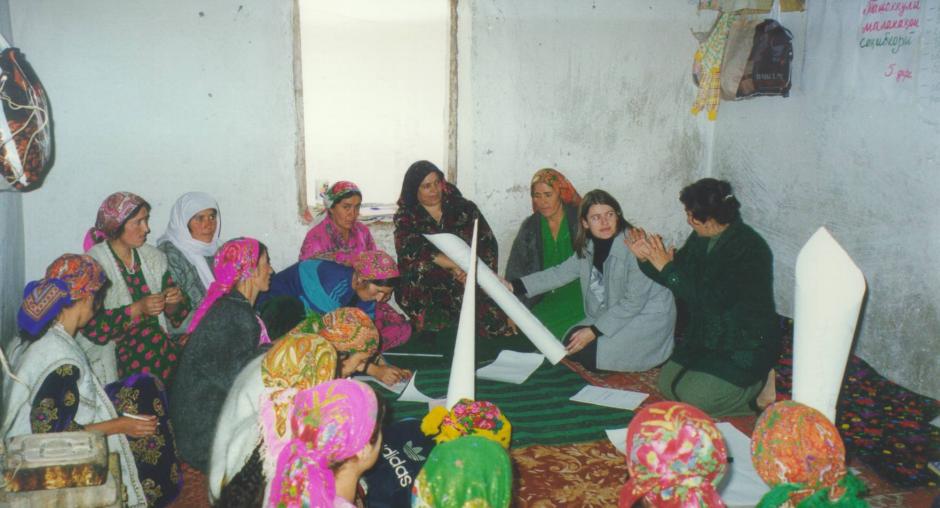Anti-trafficking legislation in Kosovo
"Groundbreaking" and "progressive" are the terms most often used to describe an innovative piece of legislation drawn up by legal experts and human rights workers in the OSCE Mission in Kosovo and colleagues from the United Nations and the International Organization for Migration.
Key legislation
After more than 12 months of drafting, the then Special Representative of the UN Secretary General, Bernard Kouchner, signed regulation 2001/4, On the Prohibition of Trafficking in Persons in Kosovo in January 2001.
This is one of the few pieces of legislation in the OSCE area, which makes the trafficking of human beings a criminal offence and requires state-provided victim assistance.
Under the regulation, anyone who engages in, or attempts to engage in trafficking of persons is committing a criminal act and can face between two and 12 years in prison; if the trafficked victim is younger than 18 that penalty goes up to 15 years; and if someone is organising a ring of traffickers that goes up to 20 years. If a person is acting as an employer and withholds their "employees'" papers - as is often the case when people are trafficked - that employer is also violating the regulation.
Trafficking - a criminal offence
The regulation - effectively a law in Kosovo's evolving legal system - makes it a criminal offence to procure sexual services of a woman with the knowledge she is trafficked; this too brings with it a jail term.
Property can be seized if it is believed that it has been used in trafficking. If it is suspected a premises is being used in relation to trafficking - for instance a bar in which the waitresses working are trafficked women - that premises can be closed down even if it is meeting other legal requirements.
Implementing the regulation
The difficulty in the last few months has been in implementing the regulation. OSCE legal trainers have been working closely with Kosovo's judicial and legal community to make sure the regulation is both understood and that it is used appropriately. As local practioners have not been exposed much to the phenomena of trafficking in human beings training is an essential need.
The regulation also calls for comprehensive assistance to the victims of trafficking. This includes free interpretation in the language of the victim's choice, free legal counsel, temporary housing and medical and psychological help. This would be done through the offices of a Victim Assistance Coordinator. This office is established in the regulation and has a liaison role between ngos, the police, and administrative departments.
However, since the regulation was signed into force in January, the job still is being defined.
Support for victims
It is a continuous effort to ensure that the regulation is being used and is being used effectively and efficiently. One way that this is being done is by bringing the legal community and the victims together.
"The regulation is very progressive. It puts a lot of stress on victim support. Victim support and victim advocacy are relatively new concepts here," said Lerner.
"We have a legal aid for trafficking victims project. supported by the OSCE/ODIHR, which trains a small number of advocates to represent trafficking victims in court when they are witnesses, when they are giving statements to the police and it would also offer lawyers to defend these women who are being unjustly criminalised."
Future developments
The other way the OSCE Mission in Kosovo is hoping to have action taken to stop human trafficking is by working with other OSCE Missions; neighbouring missions are on trafficking routes. Working with their human rights workers or trafficking focal points will provide a greater network of information, understanding and co-operation. OSCE Mission in Kosovo human rights and rule of law experts want to make sure that even when the international community pulls out of Kosovo, the protection of the victims and prosecution of the traffickers continues.
The regulation on trafficking will become an article on trafficking in the Kosovo criminal code which is being developed. "We're putting it into their code so it is longer lasting. Local lawyers we are working with believe it should be there so it's a major step forward," said Lerner.

